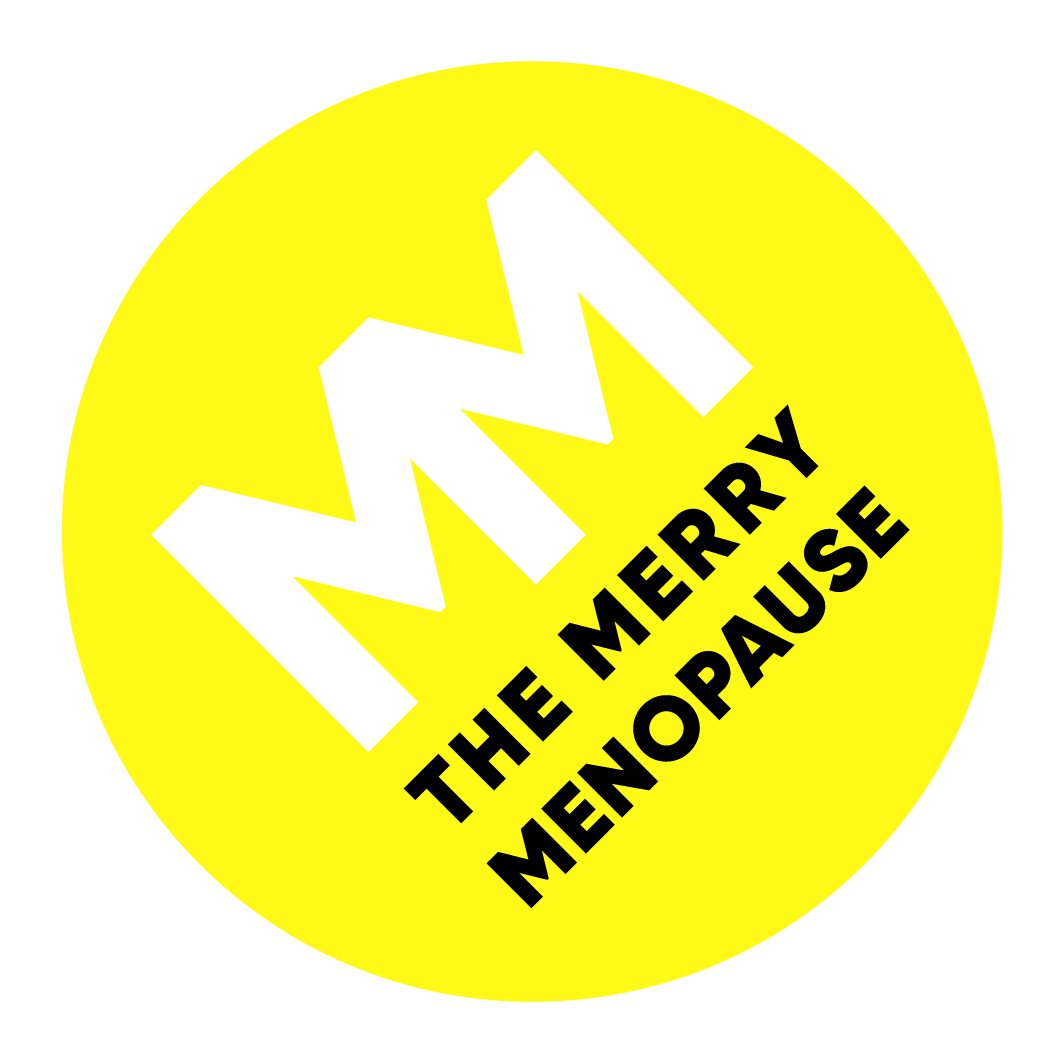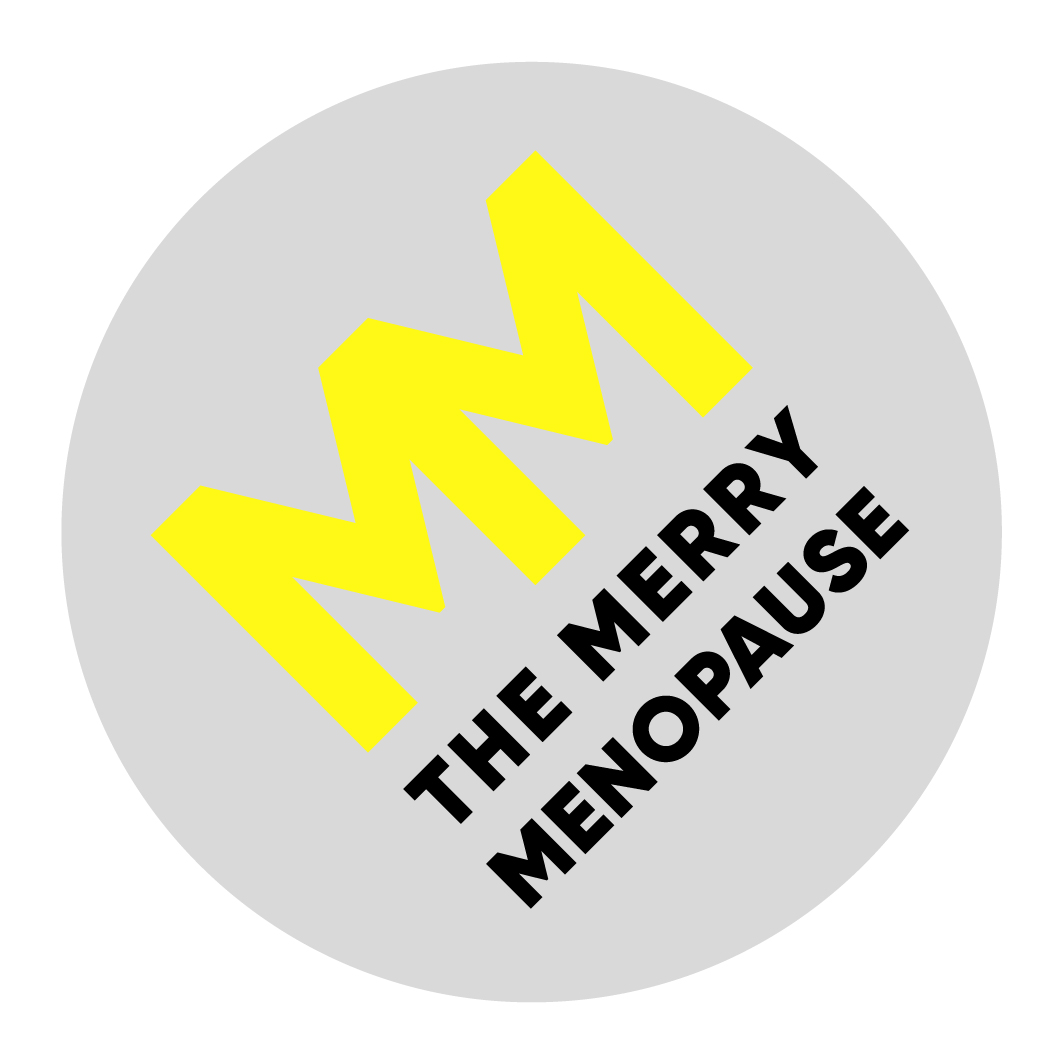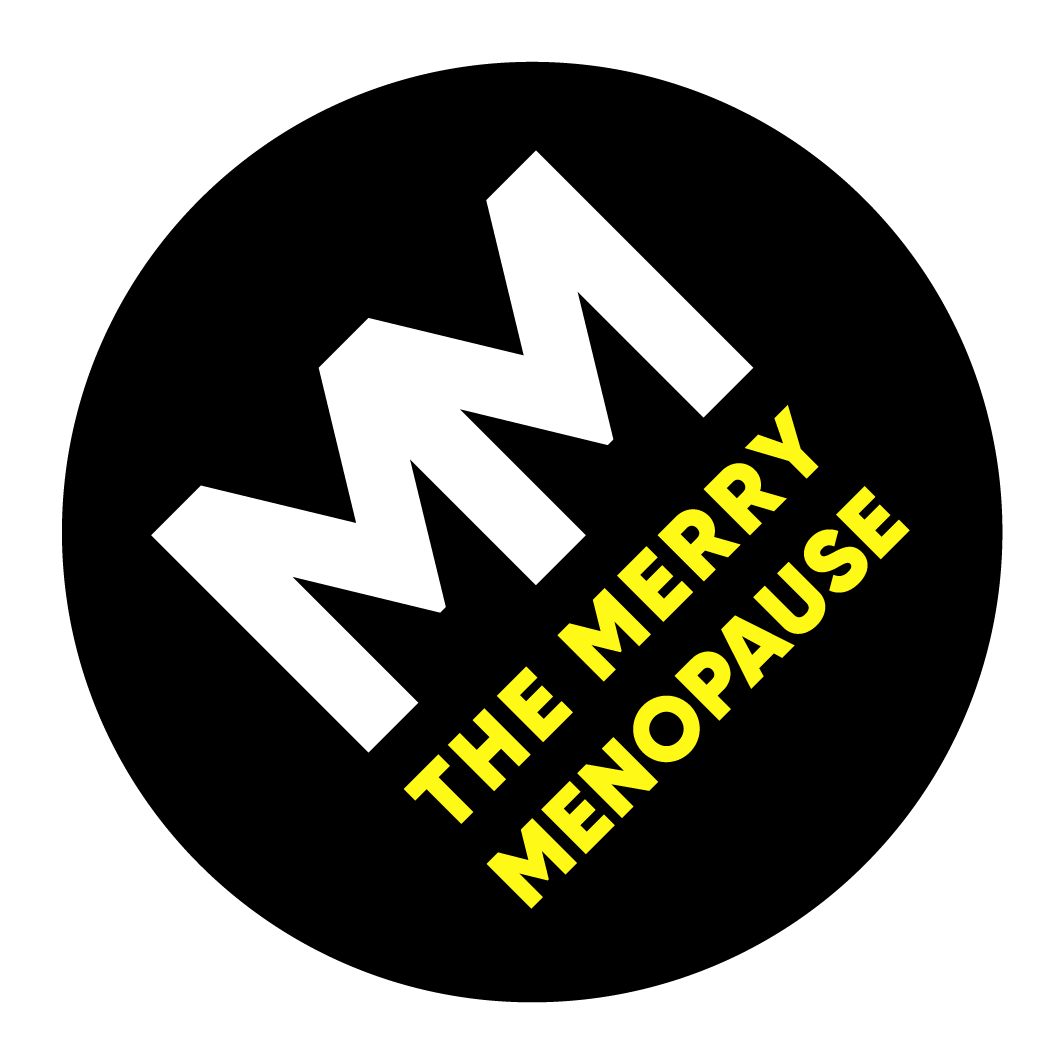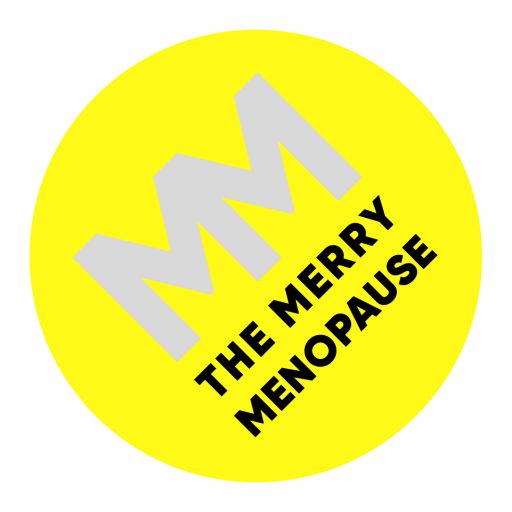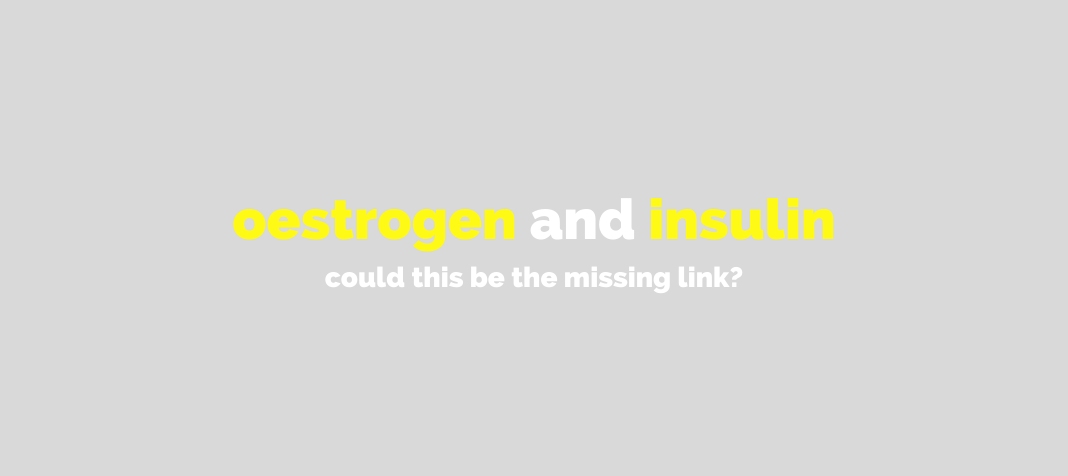
16 Jun Oestrogen and Insulin
There are over 40 hormones involved in the perimenopause, but the top dog is Oestrogen. We have oestrogen receptors in almost every cell of our body, it helps to regulate our heartbeat, bone turnover, immunity, muscle tone, lubrication, endorphins and neurotransmitters. But oestrogen also has a huge effect on our metabolism and regulation of our insulin production.
You may be one the millions of women who exercise regularly and yet frustratingly can’t shift weight, that could likely be the interplay between oestrogen and insulin. As we age we become more sensitive to insulin and our body can’t handle and process carbs like it used to.
Carbohydrates are an essential part of our diet, but there are good and bad carbs, and bad carbs – processed and refined foods – contain a lot of sugar which the body breaks down and turns into glucose.
Insulin’s main role is to store fat and it only takes 2 teaspoons of sugar in our blood to trigger insulin production to remove excess glucose out of our system, and if there is too much glucose in our blood for our insulin to handle, the body stores it as fat.
So it’s not about cutting carbs out of our diet, it’s being mindful of the quality the quantity and the timing of eating good carbs, to regulate insulin production and maintain energy.
A slow release of good carbs throughout the day will help to energise you rather than reaching for sugary, fatty snacks to give you an energy boost. This way of eating produces a knock-on effective of spiking your blood sugar, triggering insulin production and causing excess glucose to be stored as fat, especially around your tummy.
And one last important piece of intel, high blood sugar levels can also contribute to urinary tract and vaginal infections, two very common symptoms of the perimenopause and the menopause. The drop in oestrogen makes it easier for bacteria and yeast to thrive in the urinary tract and vagina. Be kind to yourself and take a look at your sugary intake. 🙏
